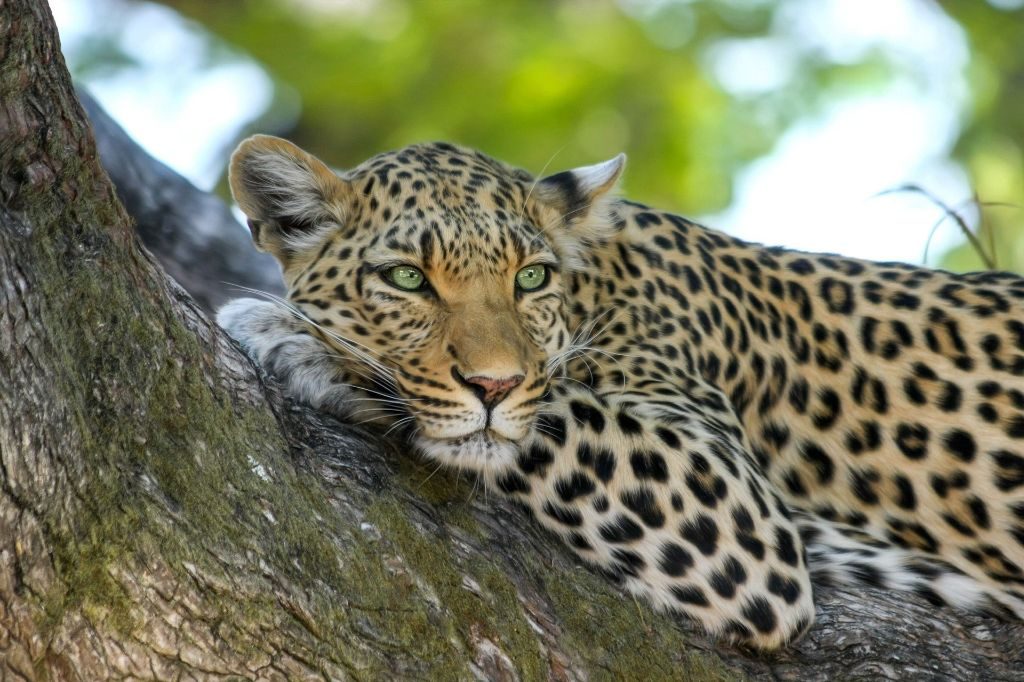Lake Kivu is a haven for travelers seeking both relaxation and adventure. The lake stretches over 2,700 square kilometers and is surrounded by picturesque towns like Gisenyi, Kibuye, and Cyangugu. Its calm, clear waters are perfect for swimming, boating, and fishing, while the surrounding landscapes offer excellent opportunities for hiking, bird watching, and exploring local villages. Lake Kivu is also known for its safe, methane-free waters, making it one of the most pristine and enjoyable lakes in Africa.
- Gisenyi: A charming town known for its beautiful beaches, lively markets, and historical sites.
- Kibuye: Famous for its stunning scenery, Kibuye is the perfect place to unwind and enjoy the tranquility of Lake Kivu.
- Nyungwe Forest National Park: Home to a vast array of wildlife, including chimpanzees and over 300 bird species, this park offers breathtaking hiking trails and canopy walks.
- Hot Springs in Rubavu: Natural hot springs that offer a relaxing experience after a day of exploration.
- Water Sports: Enjoy kayaking, canoeing, and paddleboarding on the serene waters of Lake Kivu.
- Boat Tours: Explore the lake’s many islands, such as Napoleon Island, known for its bat colony.
- Hiking and Biking: Trek through the scenic Congo Nile Trail, which offers stunning views of the lake and surrounding hills.
- Cultural Tours: Visit local communities to experience traditional Rwandan culture, crafts, and cuisine.
The communities around Lake Kivu are known for their warmth and hospitality. Engaging with locals will give you a unique perspective on Rwandan traditions and daily life.
Don’t miss out on trying the local cuisine, such as sambaza (small fish from the lake) and fresh fruits. Attend community events and festivals to experience the vibrant culture first-hand.
- Best Time to Visit: The dry seasons from June to September and December to February are ideal for visiting Lake Kivu.
- Getting There: The lake is easily accessible from Kigali, with regular bus services and private transfers available.
- Health and Safety: Ensure you have necessary vaccinations and always drink bottled water. Lake Kivu is safe for swimming, but always be cautious.
- Local Currency: The Rwandan Franc (RWF) is the local currency. Credit cards are accepted in larger hotels and restaurants.
Featured Hotels
Discover some of the best hotels around Lake Kivu, offering top-notch services, breathtaking views, and unforgettable experiences.
Sample Itineraries
3-Day Escape: Day 1: Arrive in Gisenyi, enjoy a beach day and explore local markets. Day 2: Take a boat tour to Napoleon Island, followed by a visit to the hot springs. Day 3: Explore the Congo Nile Trail with a guided hike, then return to Kigali.
5-Day Adventure: Day 1: Arrive in Kibuye, relax by the lake. Day 2: Visit Nyungwe Forest National Park for a canopy walk and primate tracking. Day 3: Boat tour to Amahoro Island, enjoy a picnic lunch. Day 4: Hike or bike the Congo Nile Trail, stay overnight in a local guesthouse. Day 5: Return to Kigali, stopping by the King’s Palace Museum in Nyanza.
Luxury Retreat: Day 1: Arrive in Gisenyi, check into a luxury resort. Day 2-3: Enjoy spa treatments, gourmet dining, and private boat tours. Day 4: Private guided hike and wildlife safari in Nyungwe Forest. Day 5: Leisure day with personalized activities, return to Kigali.
Allow our Moran AI to find the perfect itinerary for you!
Our Featured Itineraries
Explore our featured itineraries that showcase the best of Lake Kivu, tailored to suit different travel styles and durations.

5-Day Safari Package: Tarangire, Serengeti, and Gombe
Overview of Conservation Efforts
Efforts to conserve Lake Kivu’s unique ecosystem are crucial for sustaining its wildlife and natural resources. These initiatives focus on protecting water quality, conserving biodiversity, and promoting sustainable tourism.
Key Conservation Initiatives
- Water Quality Management: Programs aimed at reducing pollution and maintaining the lake’s pristine waters.
- Biodiversity Conservation: Projects focused on protecting endemic species and habitats.
- Community Engagement: Initiatives that involve local communities in conservation efforts and sustainable tourism practices.

